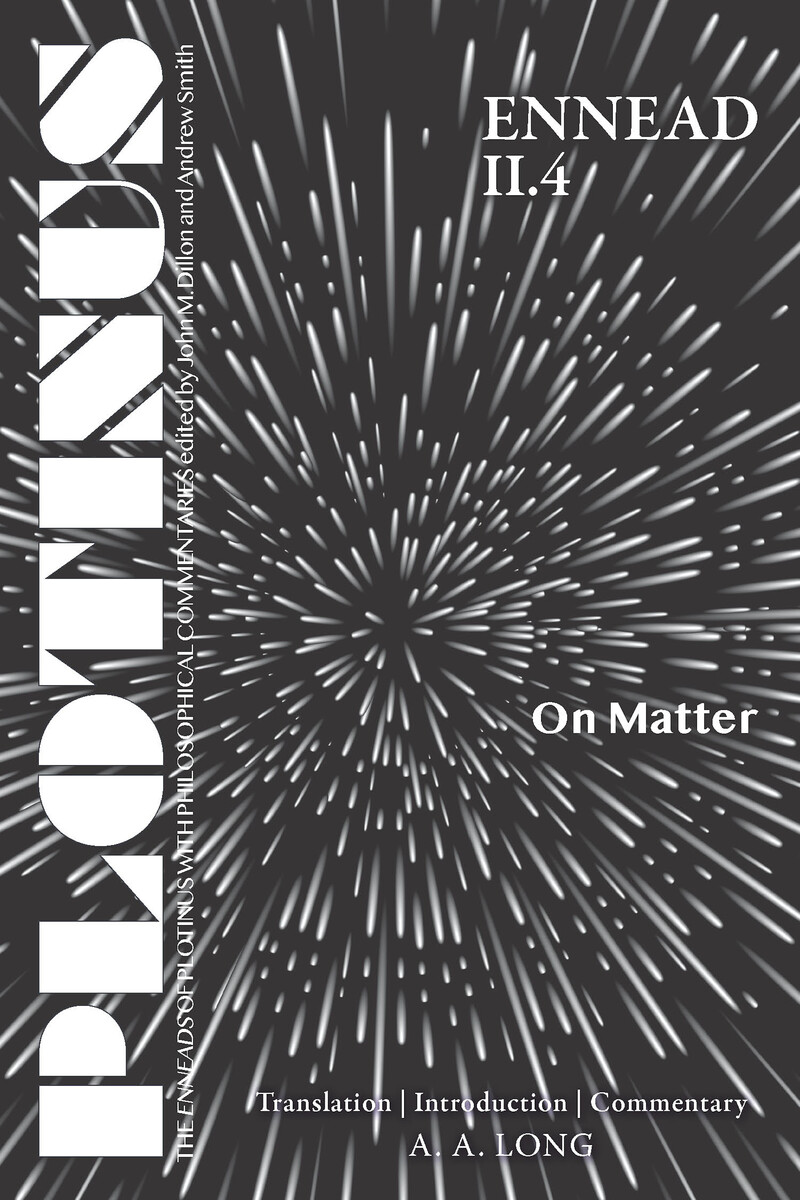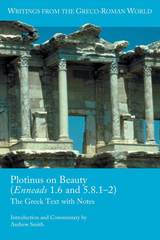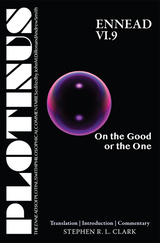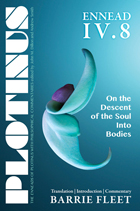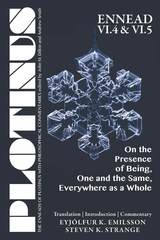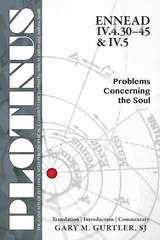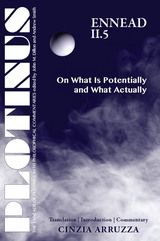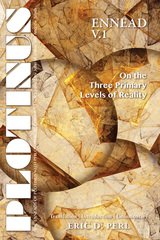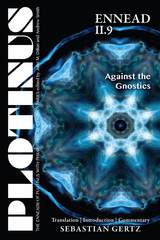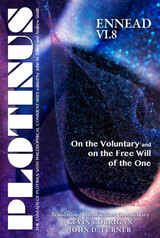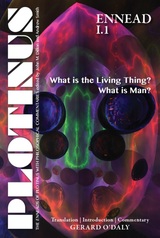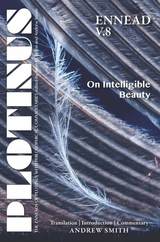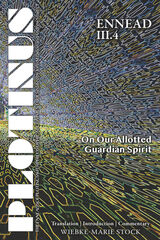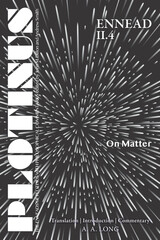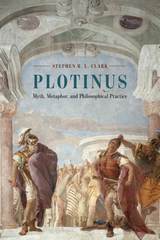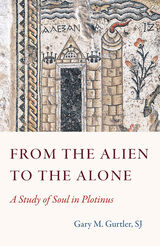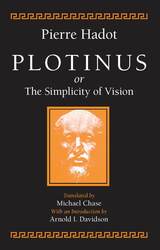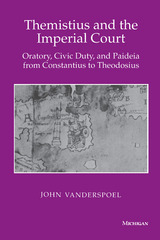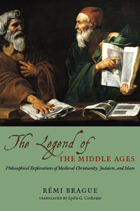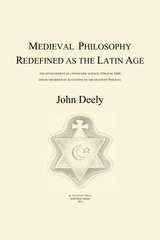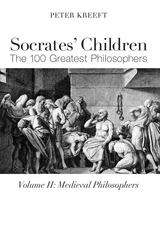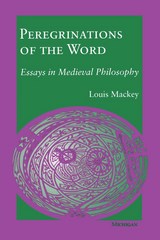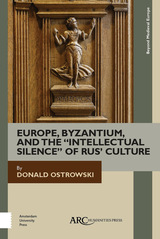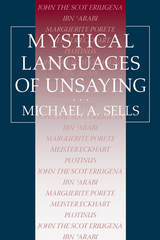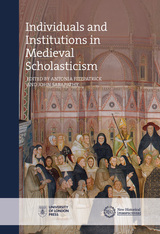Plotinus Ennead II.4: On Matter: Translation with an Introduction and Commentary
Parmenides Publishing, 2022
Paper: 978-1-7335357-6-2
Library of Congress Classification B693.E53L66 2022
Dewey Decimal Classification 186.4
Paper: 978-1-7335357-6-2
Library of Congress Classification B693.E53L66 2022
Dewey Decimal Classification 186.4
ABOUT THIS BOOK | AUTHOR BIOGRAPHY
ABOUT THIS BOOK
In Ennead II.4 Plotinus investigates the question of what underlies the forms that constitute the contents of our minds and senses. Aristotle had called this substrate “matter,” and Stoic philosophers followed suit. With a critical review of their notions, and reference to Plato’s so-called Receptacle, Plotinus develops an account of matter that makes it a supremely negative entity. How he describes the indescribable, and how he justifies incorporeal matter’s indispensability to bodies, are highlights of this tenaciously argued essay.
A. A. Long translates and interprets Plotinus’ treatise on the matter that underlies all physical and intelligible beings. With a wide-ranging introduction and probing analysis of details, he explains the intricate structure of the text. The book will appeal to everyone interested in the history of Platonism and ancient Greek theories of the world’s ultimate principles.
See other books on: Commentary | Long, A. A. | Matter | Philosophy, Ancient | Plotinus
See other titles from Parmenides Publishing
